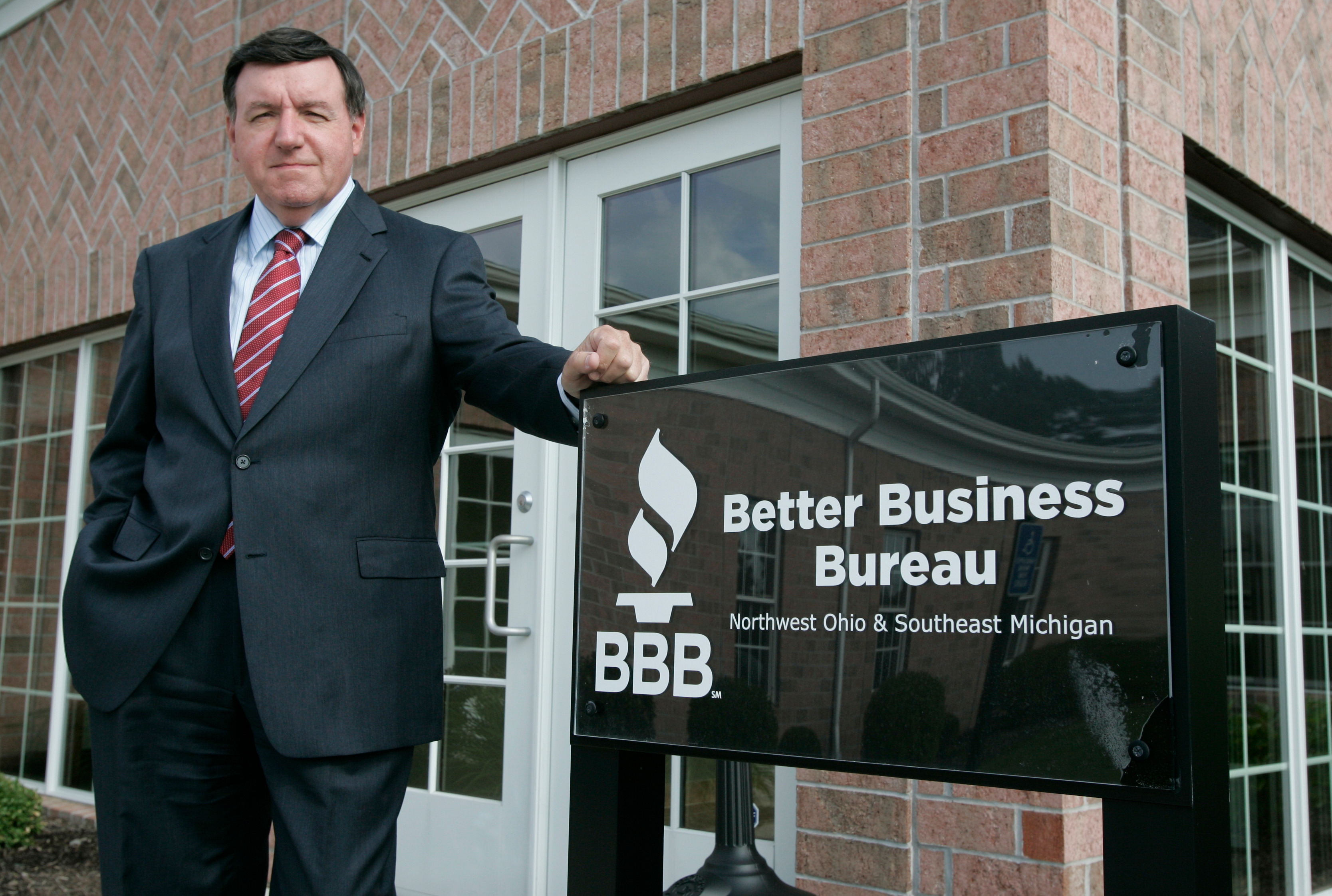Stealing your voice
Newest phone scheme, deepfake audio, has hit businesses. 
The Editorial Board
Thu, 10 Oct 2019 04:00:00 GMT
Businesses should beware of the latest phone scam that involves technology that mimics the voice of an out-of-the-office boss who requests or demands the transfer of company money to pay a supplier. The ruse worked on one United Kingdom business, which lost nearly a quarter of a million dollars.
Such a scam also can be used on individuals, like getting a call from someone who sounds like your grandson who is in legal trouble and needs bail money.
The Better Business Bureau has set off alarms about the newest scheme using what is called deepfake audio.
Criminals for years have used letters, emails, invoices, and even phone calls to try to separate you from your money. But now artificial intelligence enables them to have the caller sound almost exactly like someone you know, as a U.K. firm learned the hard way.
The chief executive of a British energy firm last spring thought he had received a call from the top executive of his business’ parent company, which is based in Germany. The call sounded legitimate, as did the voice, with the same accent and melody of the real boss, so the CEO transferred $230,000 to a supposed bank account of a supplier. When the CEO later figured there was a problem, the money was gone and not retrievable.
Voices can be stolen by the scammers listening to podcasts, Facebook or YouTube videos, or calling the soon-to-be impersonated person and getting a voice sample, which then can be manipulated through artificial intelligence to say anything and to sound very similar to the real person’s voice.
Dick Eppstein, president of the Toledo-based BBB serving northwestern Ohio and southeastern Michigan, said he is not aware of the voice-stealing scam being used locally. But he anticipates businesses likely will be hit first with such ruses, just because of the amount of money that can be had. And he expects voice-replicating frauds likely will be used soon in phone thefts from individuals.
“You will simply not know if you get a call like this if it’s the person or not,” he said. To be sure, don’t take immediate action but instead call the appropriate person on a phone number you know and see if the request is real, he advised.
Money might not be the only target. The crooks might even use the scheme to try to get businesses to provide personal information, such as W2s of the staff, which then could be used for identity theft purposes, Mr. Eppstein explained.
Better technology tools are needed by businesses and individuals to detect and prevent such voice-replicating crimes. Until then, businesses and individuals should be wary of any unusual requests over the phone, even if they are from someone they know and trust.

A phone scam has some wondering if phone calls from an out-of-office boss are really from the boss.

Dick Eppstein, president of the Toledo-based Better Business Bureau serving northwestern Ohio and southeastern Michigan, said he is not aware of the voice-stealing scam being used locally, but that businesses would likely be hit first with such ruses.